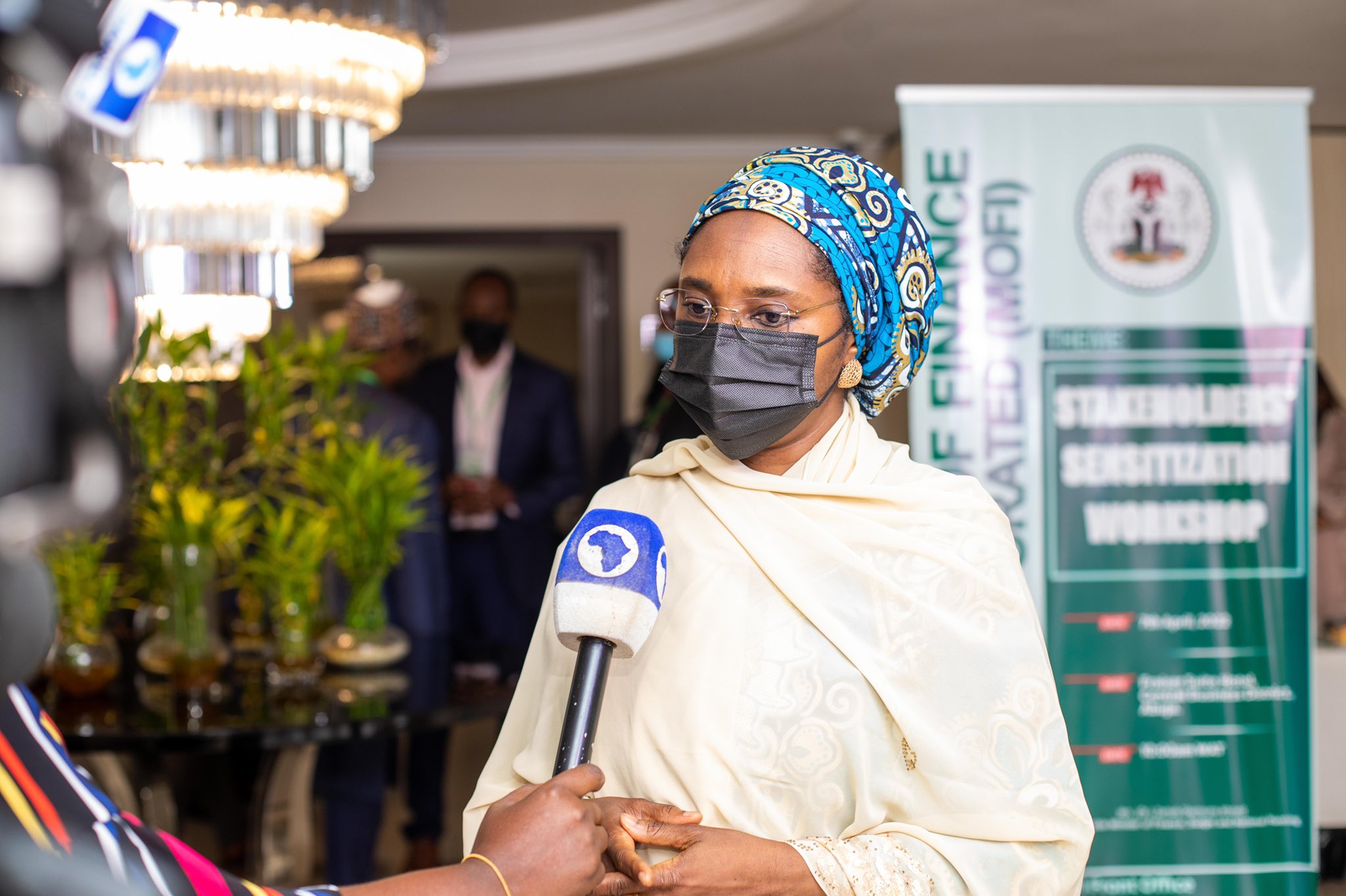Business
Nigeria’s Unemployment To Hit 41% In 2023 – KPMG

A multi-national consulting firm, KPMG, has said the Nigerian unemployment rate had increased to 37.7per cent in 2022 and will further rise to 40.6per cent, due to the continuing inflow of job seekers into the job market.
The firm, in a newly released report, “KPMG Global Economy Outlook report, H1 2023”, said unemployment will continue to be a challenge due to the slower-than-required economic growth and the inability of the economy to absorb the 4-5 million new entrants into the Nigerian job market every year.
“Unemployment is expected to continue to be a major challenge in 2023 due to the limited investment by the private sector, low industrialisation and slower than required economic growth and consequently the inability of the economy to absorb the 4-5 million new entrants into the Nigerian job market every year.
“Although the National Bureau of Statistics (NBS) recorded an increase in the national unemployment rate from 23.1per cent in 2018 to 33.3per cent in 2020. We estimate that this rate has increased to 37.7per cent in 2022 and will rise further to 40.6 per cent in 2023”.
The report also said in 2024, the unemployment rate will grow to 43 per cent while inflation will accelerate to 20.3 per cent in 2023 and 20.0 per cent in 2024.
KPMG further stated that the incoming administration will face a deeply rooted challenging environment, characterised by fragile and slow economic growth and challenges in the foreign exchange market.
“Additionally, government revenue remains inadequate to support much-needed expenditure, leading to a high debt stock and high debt service payments.
“The Nigerian economy ended the past year with a GDP growth rate of 3.52 per cent in Q4 2022, compared with 2.25 per cent in Q3 2022, with growth averaging 3.10 per cent over 2022”, it explained.
The firm projected recovery in telecommunications, and trade services, as well as an expected recovery in the oil sector, on account of measures being taken to tackle security issues, to drive the forecast of three per cent growth in 2023.
“Growth in 2022 was driven by the non-oil sector, as continuous recovery in household consumption boosted spending, particularly in the finance and insurance services, telecommunications, and transportation and storage services.
“While the non-oil sector grew by 4.84 per cent, the oil sector contracted by 19.22 per cent, largely attributed to worsening oil theft, pipeline vandalisation, underinvestment, and other operational challenges inhibiting oil production.
“Accordingly, oil output (including condensates) declined from 2.07 million barrels per day in Q1 2020 to 1.34 million by Q4 2022”, it stated.
It further said that the spillover from an expected slowdown in the global economy in 2023 and its trade and financial flows implications would drag on Gross Domestic Product.
The report claimed that growth will be negatively affected by the naira redesign policy introduced in Q4 2022 and Q1 2023.

